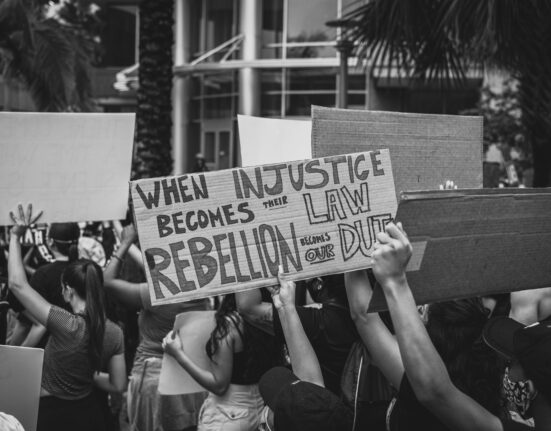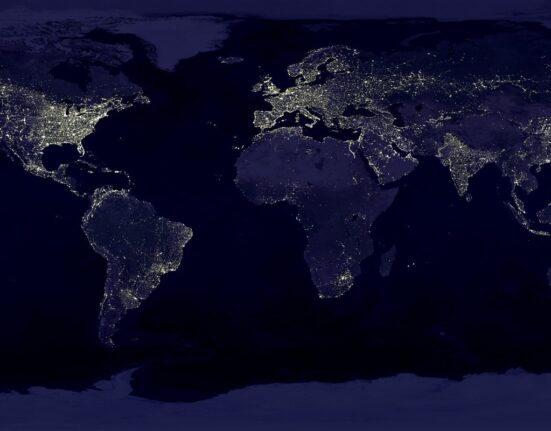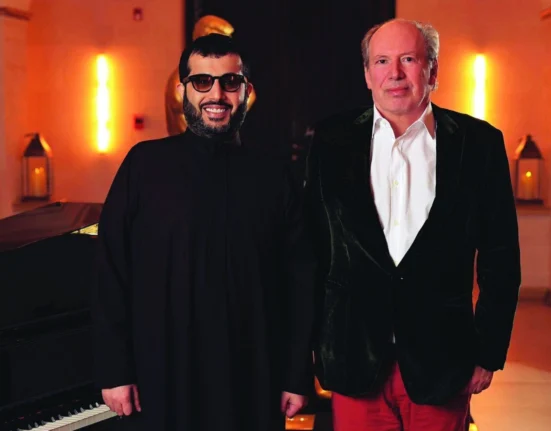A recent assertion by a religious scholar during an interview on a local news channel has ignited a fiery debate across social media platforms, challenging the portrayal of nikkah (marriage) in Pakistani dramas.
The scholar’s statement, suggesting that if two actors enact a nikkah scene, their marriage would be considered valid in reality, has stirred widespread controversy and raised significant concerns within the entertainment industry.
Lights, Camera, Controversy!
In response to this assertion, prominent Pakistani actress and model Nadia Hussain took to her Instagram to express her apprehensions regarding the implications of such a declaration. In a video posted on her official profile, Hussain highlighted the potential promotion of vulgarity within society and the trivialization of the sacred institution of marriage.
View this post on Instagram
Emphasizing the fictional nature of dramatized scenarios, Nadia Hussain highlighted that the portrayal of nikkah in dramas does not equate to legal validity as everything from the names to the signatures shown in these productions is faked for entertainment purposes.
The actress’ call to Islamic authorities to address and denounce this assertion reflects a growing sentiment among individuals concerned about the potential ramifications of blurring the lines between fiction and reality in the context of religious practices.
Also read: Adnan Siddiqui, Sajal Aly & Others Conferred With Civil Awards For Outstanding Contributions
As discussions intensify online, many voices echo Hussain’s sentiments, expressing apprehension about the confusion such statements may create. Especially, regarding religious obligations and the sanctity of marriage.
While some criticize what they perceive as an encroachment of “mullahism” into societal norms, others point out the obvious discrepancies between dramatized portrayals and legal realities, asserting that such claims hold no merit in practical terms.
What do you think of the story? Share your thoughts and stay tuned for more latest news.












